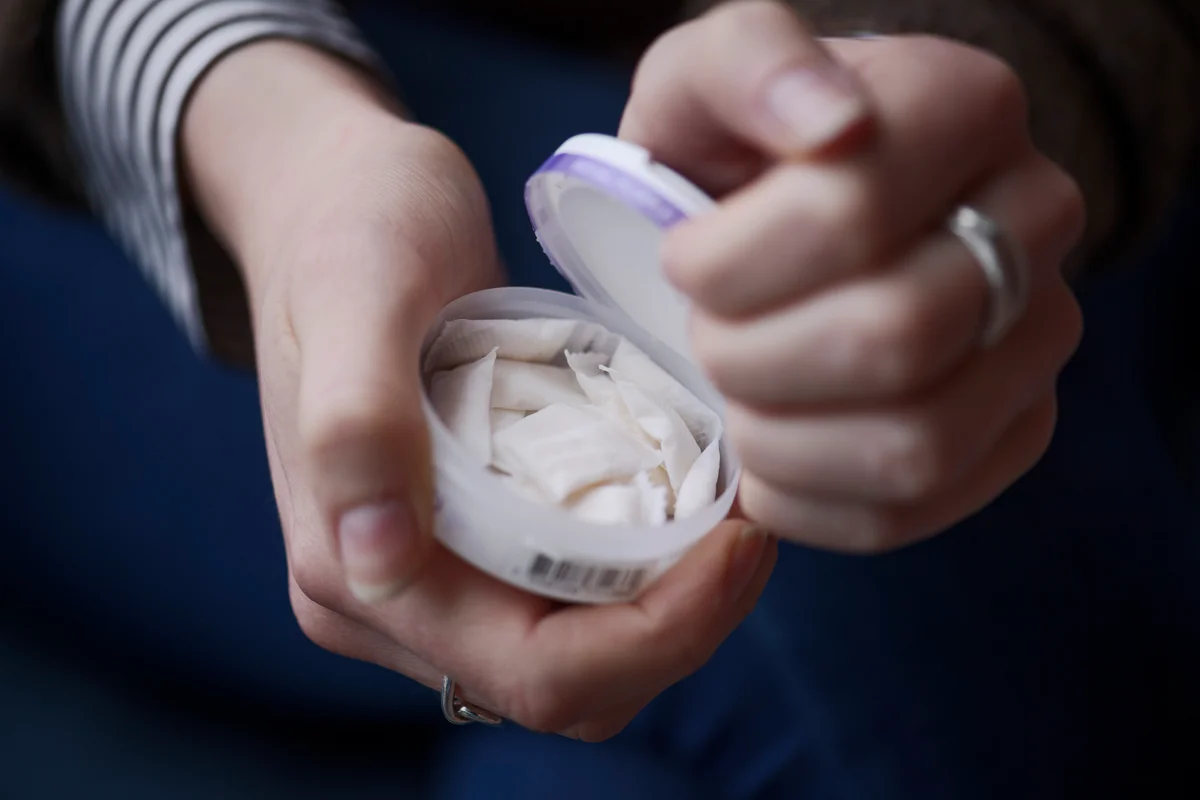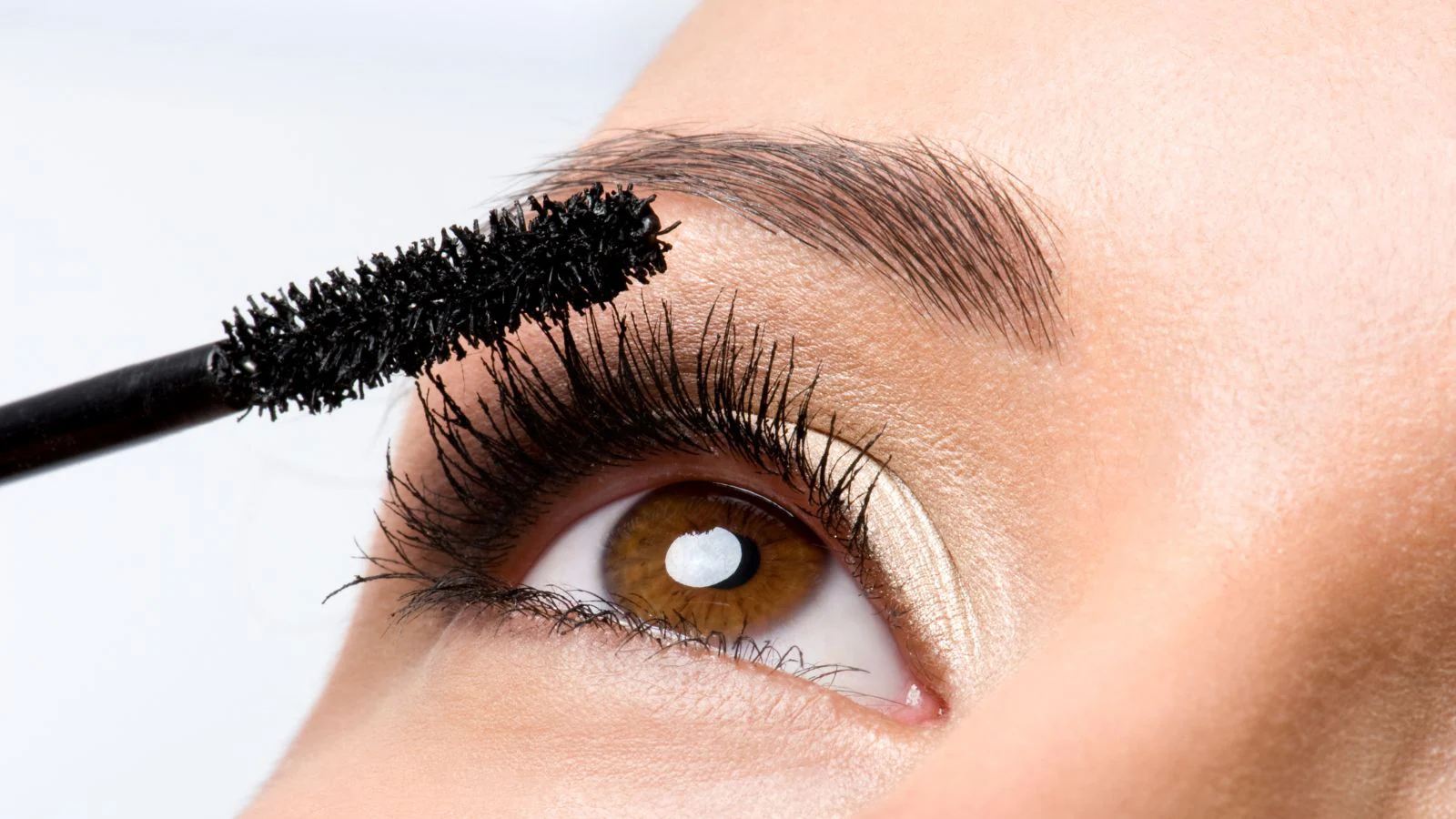Copyright independent

Finally! With the news that the sale of nicotine pouches to under-18s will be made illegal under a government crackdown, you could almost hear the scream of relief from parents across the land. I hardly know a parent of a teenager who hasn’t been driven to distraction by these fashionable mini white sachets – often referred to as snus – that children constantly stick to their gums to get a hit of nicotine. Packaged in brightly coloured tins with flavours like Candy’s Ice Cream Cherry, Banana Chilli, Candy Floss and Bubble Gum, and costing as little as £3.95, in some cases they can deliver up to 10 times as much nicotine as a cigarette. Gary Lineker claimed to have endured seven hours of “absolute torture” after trying one before the 2020 Euros. “I start to sweat, but I'm freezing. I'm sweating and there's a pool on the floor, and I can't move… I lay on the floor and crawl to the toilet like a snake… and just before I get to the toilet, I vomit everywhere,” he said on The Rest Is Football podcast in 2023. Lineker likely took a high-strength pouch – as many teenagers do. Until now, there have been no limits on how strong these pouches can be or on the age at which children can buy them. At my local Budgens, I can barely buy a loaf of bread without pushing my way through an army of schoolchildren choosing the strongest options from rows of fun-looking tins, neatly showcased like sweets. Sold in flavours like Tropical Mix, Raspberry Frost Mint and Ruby Berry, they cost £6.99 each (or two for £12) – and they look so appetising and harmless I can hardly blame them. Data from Action on Smoking and Health (ASH) published in June revealed that in 2024, 38 per cent of 11- to 17-year-olds knew what a nicotine pouch was. That figure has now shot up to 43 per cent. Currently there are no age-of-sale or advertising restrictions on the products, but that is set to change. The Tobacco and Vapes Bill, now making its way through Parliament, will prohibit the sale of pouches to minors, alongside banning sales through vending machines or giving them away for free. The new law will also allow health professionals to set a legal cap on nicotine levels, and the fruity flavours that have lured a generation into believing they are as harmless as Haribo will be banned. Retailers caught selling the products to under-18s will be fined £200. And not before time. It has become every parent’s nightmare to spot the little bulge under their child’s upper lip and know they are hooked. For a brief moment, some parents felt relief to discover the dried-up sachets resembling shrivelled packets of Class-A drugs lying around their teens’ bedrooms were “just nicotine”. That didn’t last long when they realised just how addicted their children were. Parents tell me that their teens regularly sleep with them in their mouths, which is ruining their teeth and gums. As nicotine reduces blood flow to gum tissue, these pouches have been known to cause deep gum lesions and mouth sores, and potentially increase the risk of mouth cancers due to prolonged nicotine exposure. One mother of an 18-year-old says her son has been steadily becoming addicted since he was 16, as have “all his mates – it’s a disaster”. “Vapes got them hooked on nicotine. Unlike cigarettes – which you stub out after you’ve finished and can’t smoke indoors – there was no end to a vape, so he was doing it constantly. “He ended up taking up smoking as the ‘healthy’ alternative to vaping. But the need for constant nicotine meant he then took up nicotine pouches, which got him through his exams. “Sold in cool tins, it has become a whole thing for Gen Z, and I honestly don't know one teen boy who doesn't use them.” Another friend tells me her 17-year-old son buys extreme-strength pouches for next-day delivery – and he can’t kick the habit. “When my teens run out, they get really irritable,” she says. Children sit in class with them wedged in their mouths – sometimes sweating profusely and unable to concentrate if it’s high strength. First comes a burning sensation against the gums, then the “hit”, when saliva releases nicotine into the bloodstream, producing a stimulant effect. They are stronger than cigarettes too – especially when you use more than one at a time, as is now the craze. A typical cigarette delivers roughly 1–2mg of absorbed nicotine, while pouches can deliver around 4–20mg depending on the product. And while cigarettes send nicotine rapidly through the lungs, pouches release it continuously over 30–60 minutes, absorbed through the mouth lining, resulting in a higher but more stable nicotine level. And its this nicotine constant that is a worry. Although pouches carry fewer health risks than cigarettes because there is no smoke inhalation, there are still significant health concerns. High nicotine strengths increase heart rate and blood pressure, and nicotine can disrupt brain development in young people and has been linked to increased risk of anxiety and depression. Now, as the Tobacco and Vapes Bill reaches committee stage, the ban on nicotine pouch sales to under-18s will finally allow the government to regulate their contents, branding and display. It is something parents have wanted for years. While vapes and pouches may have helped hardened smokers quit cigarettes, the reverse has been true for this generation of teenagers. Like kids in a nicotine candy shop, they’ve been sold a supposedly harmless product while parents looked on helplessly as their children quietly got hooked – on the way to school and even in their bedrooms. While the regulation comes in time for their younger brothers and sisters, many of those caught in the addiction trap are now 18-years old – and nothing can stop them continuing to buy them and carry on with the habit that could have been prevented in the first place.



